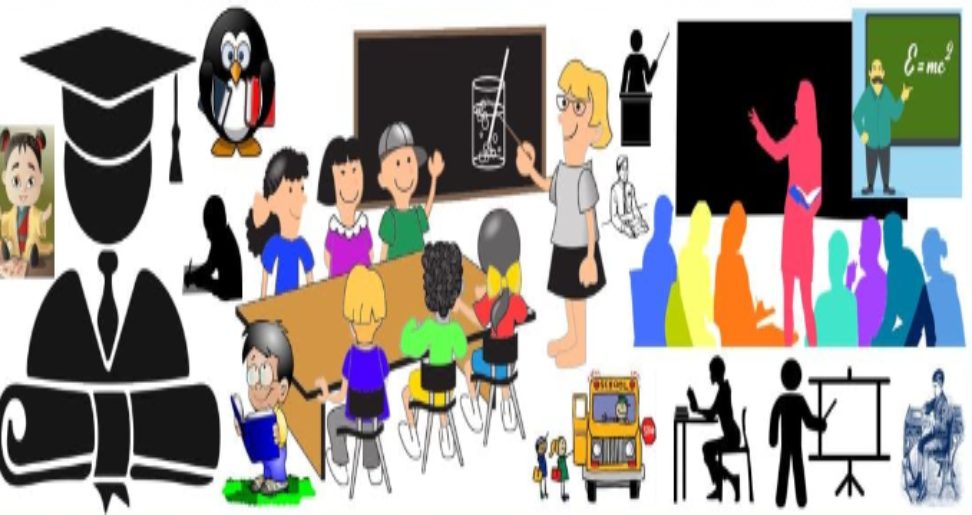Education is the process of facilitating learning, or acquiring knowledge, skills, values, beliefs, and habits.
It is a multifaceted activity that occurs formally through schooling, informally through daily experiences, and non-formally through structured learning outside of school.
The Roots of Education: An Etymological Exploration

The word “education” carries within it a rich history and a profound significance. To truly understand the concept, it’s essential to delve into its etymological origins.
The Latin Foundation
The term “education” is derived from the Latin word “educatio,” which translates to “bringing up” or “rearing.” This root implies a nurturing process, akin to raising a child. The word further traces back to the verb “educare,” meaning “to bring up, to rear, to nourish, to instruct, to train.”
Expanding the Meaning
Over centuries, the concept of education has evolved beyond mere upbringing. It now encompasses a broader spectrum of learning and development. The emphasis shifted from solely focusing on personal growth to preparing individuals to contribute to society.
Education as Enlightenment

The Enlightenment era brought forth a renewed interest in education as a means of intellectual and moral development. Philosophers like John Locke and Jean-Jacques Rousseau emphasized the importance of education in shaping individuals and societies. The word “education” took on a more intellectual connotation, signifying the cultivation of the mind.
Modern Interpretations
Today, education is understood as a lifelong process that encompasses formal schooling, informal learning, and personal growth. It’s a dynamic concept that adapts to societal changes, technological advancements, and individual needs.
While the etymology of “education” provides a historical perspective, it’s essential to recognize that the term’s meaning has expanded significantly over time. Education now encompasses a holistic approach to personal and societal development.
Key Components of Education
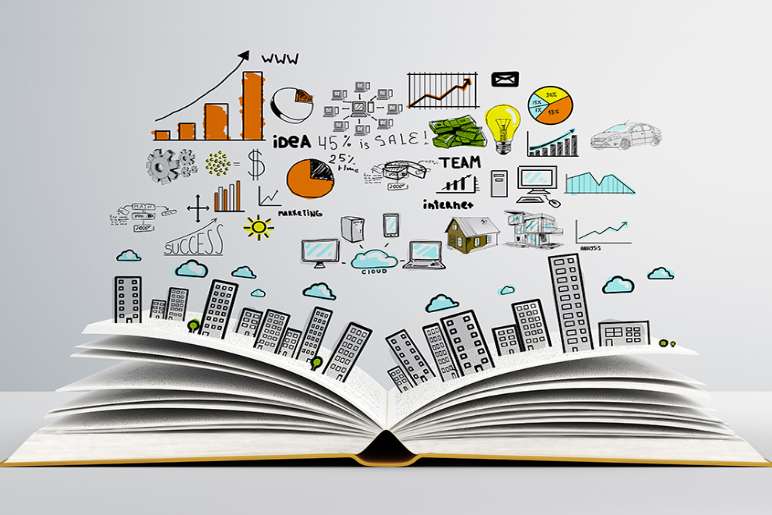
Education is a multifaceted process involving various interconnected elements that contribute to an individual’s holistic development. Let’s delve deeper into the core components of education:
Knowledge Acquisition
- Cognitive Development: The ability to think critically, analyze information, and solve problems.
- Subject Matter Mastery: Gaining in-depth understanding of specific subjects or disciplines.
- Information Literacy: Developing skills to find, evaluate, and use information effectively.
Skill Development
- Digital Literacy: Proficiency in using technology for learning and communication.
- Problem-Solving and Critical Thinking: Abilities to analyze issues, find solutions, and make informed decisions.
- Creativity and Innovation: Fostering original ideas and approaches.
- Collaboration and Teamwork: Working effectively with others to achieve common goals.
Values and Character Development
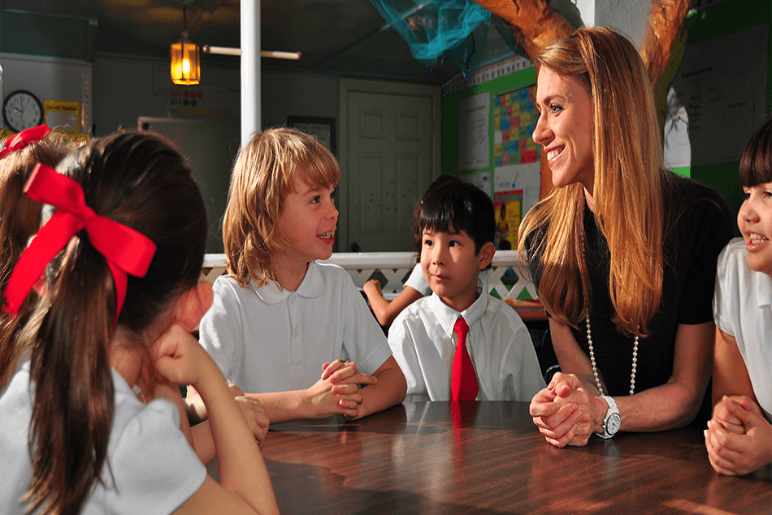
- Ethical Understanding: Developing a sense of right and wrong.
- Social Responsibility: Understanding one’s role in society and contributing positively.
- Empathy and Compassion: Cultivating understanding and care for others.
- Respect: Valuing diversity and individual differences.
- Resilience: Building the capacity to overcome challenges and setbacks.
Learning Environment
- Teacher Quality: Effective educators who inspire and guide students.
- Curriculum and Assessment: Relevant and engaging learning materials and evaluation methods.
- Technology Integration: Using technology to enhance learning experiences.
- Inclusive Education: Catering to the needs of all students, regardless of background.
- Safe and Supportive Climate: A positive learning environment free from bullying and discrimination.
Types of Education: A Comprehensive Overview

Education is a multifaceted process encompassing various methods and environments. Let’s delve into the different types of education that shape individuals and societies.
Formal Education
Formal education is structured learning that typically occurs in a classroom setting with certified teachers. It follows a predetermined curriculum and leads to standardized qualifications.
- Primary Education: Focuses on basic literacy, numeracy, and foundational knowledge.
- Secondary Education: Builds on primary education, offering a broader curriculum including subjects like science, humanities, and social studies.
- Tertiary Education: Includes universities, colleges, and vocational schools, providing specialized knowledge and skills.
Informal Education
Informal education is learning that occurs naturally through everyday experiences and interactions. It’s often unintentional but plays a significant role in personal development.
- Family and Home: Learning values, manners, and life skills from family members.
- Social Interaction: Acquiring knowledge and skills through interaction with peers and community.
- Media and Technology: Learning from television, internet, and other media platforms.
Non-formal Education
Non-formal education is structured learning outside of the formal school system. It often focuses on specific skills or interests.
- Vocational Training: Learning practical skills for specific occupations.
- Adult Education: Programs designed for adults to acquire new knowledge or skills.
- Continuing Education: Ongoing learning to update knowledge and skills.
- Online Learning: Education delivered through digital platforms.
Alternative Education
Alternative education encompasses various approaches that differ from traditional schooling.
- Homeschooling: Education provided by parents or guardians at home.
- Unschooling: Child-centered learning without formal curriculum or structure.
- Montessori Education: Child-led learning emphasizing independence and exploration.
Education: The Cornerstone of Society

Economic Impact
- Increased Productivity: An educated workforce is more productive, leading to economic growth.
- Innovation and Entrepreneurship: Education fosters creativity and problem-solving skills, driving innovation.
- Reduced Poverty: Education is a key tool in breaking the cycle of poverty, providing opportunities for upward mobility.
Social Impact
- Improved Health Outcomes: Educated individuals are more likely to make informed health choices.
- Reduced Crime Rates: Education correlates with lower crime rates and a safer society.
- Civic Engagement: Educated citizens are more likely to participate in democratic processes.
- Cultural Enrichment: Education promotes appreciation for diverse cultures and perspectives.
Global Impact
- International Competitiveness: A well-educated population is essential for global economic competitiveness.
- Sustainable Development: Education is vital for addressing global challenges like climate change and poverty.
- Peace and Stability: Education fosters understanding and tolerance between different cultures.
Education Trends in 2024: A Digital Transformation
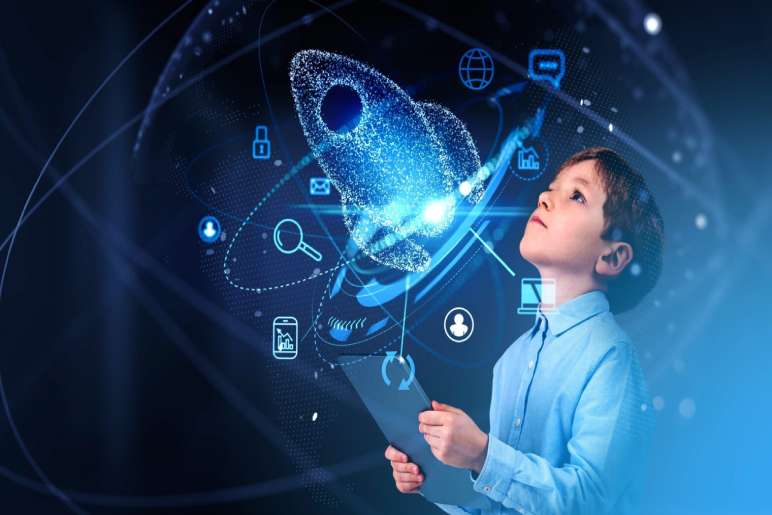
The landscape of education is undergoing a rapid transformation, shaped by technological advancements, evolving student needs, and global challenges. Here are some of the most prominent trends shaping education in 2024:
Blended Learning
The integration of online and in-person learning has become a cornerstone of modern education. Blended learning offers flexibility, personalized learning experiences, and access to a wider range of resources.
Artificial Intelligence and Personalized Learning
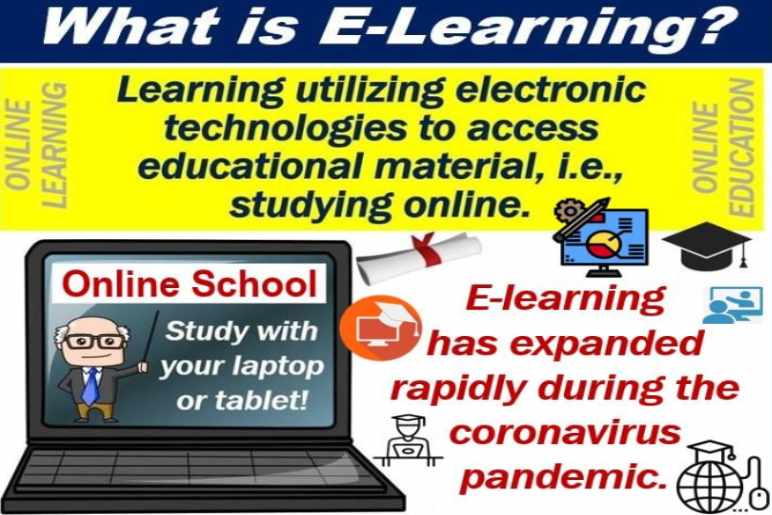
AI is revolutionizing education by providing tailored learning experiences. Intelligent tutoring systems, adaptive learning platforms, and automated grading are becoming commonplace.
Remote Learning and Online Education
The COVID-19 pandemic accelerated the adoption of online learning, and it continues to be a popular choice for many. Online education offers accessibility, flexibility, and a global reach.
STEAM and STEM Education
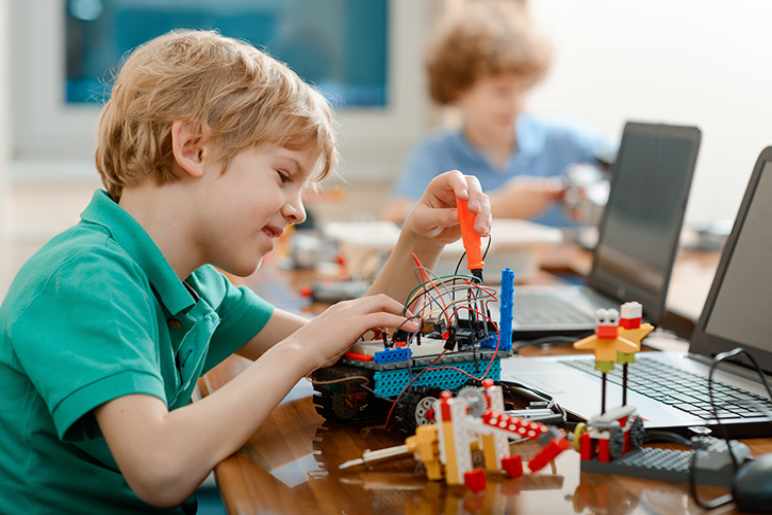
A focus on Science, Technology, Engineering, Arts, and Mathematics (STEAM) education is gaining momentum. These subjects equip students with critical thinking, problem-solving, and creativity skills essential for the future workforce.
Mental Health and Well-being
Schools and universities are increasingly prioritizing students’ mental health and well-being. This includes offering counseling services, mindfulness programs, and stress management resources.
Lifelong Learning
The concept of continuous learning is gaining traction. Educational institutions are offering a variety of programs and certifications to cater to the evolving needs of learners throughout their lives.
Global Citizenship and Cultural Exchange
Education is shifting towards fostering global citizenship. Programs that promote cultural exchange, international collaboration, and understanding of diverse perspectives are becoming more prevalent.
Conclusion
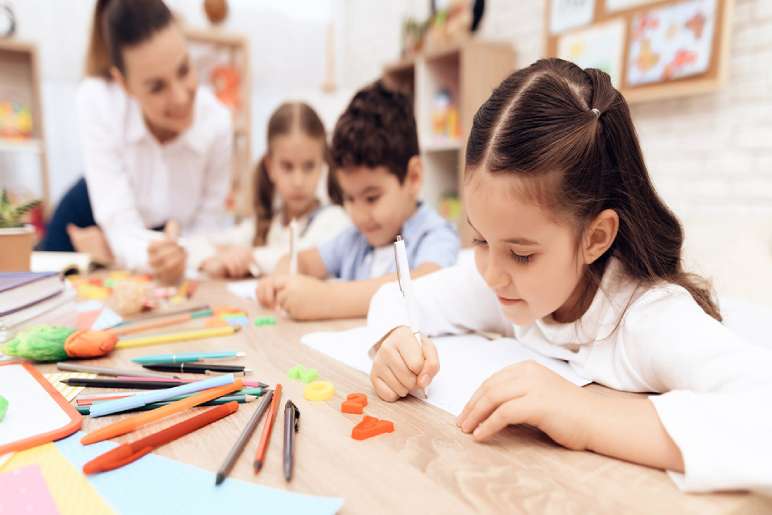
Education is the cornerstone of personal and societal growth. It is the process by which individuals acquire knowledge, skills, and values that empower them to make informed decisions, contribute meaningfully to society, and reach their full potential. Education is not merely about acquiring facts; it’s about developing critical thinking, problem-solving, and creativity. It is the great equalizer, providing opportunities for individuals from all backgrounds to succeed. Ultimately, education is an investment in the future, shaping individuals and societies for generations to come.
Read more:
- The Importance of Timely Fleet Vehicle Service
- Alternatives to Payday Loans: Exploring Your Options
- Benefits of Selling Your Decommissioned Data Center Equipment
Featured Image source: https://tinyurl.com/245u24zd

